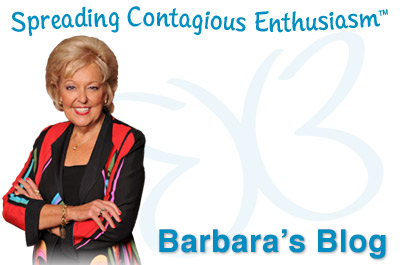In the March 2010 issue of Oprah magazine, Oprah interviewed Thich Nhat Hanh, an 83 year old native of Vietnam, who is an internationally renowned Zen Buddhist master and a powerful, yet humble, advocate for peace and understanding in our world. He talked about the concept of “Deep Listening” which he believes can lead us all to deeper understanding and love for one another:
Deep listening is the kind of listening that can help relieve the suffering of another person. You can call it compassionate listening. You listen with only one purpose: to help him or her to empty his heart. Even if he says things that are full of wrong perceptions, full of bitterness, you are still capable of continuing to listen with compassion. Because you know that listening like that, you give that person a chance to suffer less. If you want to help him to correct his perception, YOU WAIT FOR ANOTHER TIME. For now, you don’t interrupt. You don’t argue. If you do, he loses his chance. You just listen with compassion and help him to suffer less. One hour like that can bring transformation and healing…..Deep listening helps us to recognize the existence of wrong perceptions in the other person and wrong perceptions in ourselves. Compassion is our most important practice.
This concept struck me in a powerful way — it is something we have heard many times before and know deep in our hearts; however, the simplicity of Nhat Hanh’s words made it clearer to me than ever before. How often with friends, family, and customers do we listen, only waiting to get in “our side” of the matter or to give advice and solve the problem. I know I am terribly guilty of this because I am a “pleaser” and a “fixer.” I like for everyone to be happy! Yet, as Nhat Hanh points out, I am not allowing the person to just let the feeling out and then later, perhaps, come back with advice or comments….. although, as he points out, that may not even be necessary as allowing them to express their emotions helps them to clarify and often find an answer themselves. By deep listening, we not only learn to better understand this person but also ourselves if we truly stay open without judgment.
Unfortunately, it is not always possible to wait until later with a customer; however, we can allow them to fully express their feelings without interruption and offer them compassion on a Human level even if ultimately we are not able to solve their problem on a Business level. Nhat Hanh says that we should look into the other person’s eyes and say, ” I’m here for you.” You offer him or her your full presence. You are not preoccupied with the past or the future; you are there for that person. He says, “To be loved means to be recognized as existing,” and that is a precious gift we can give to everyone in our lives, whether friend, family, co-worker or customer.


